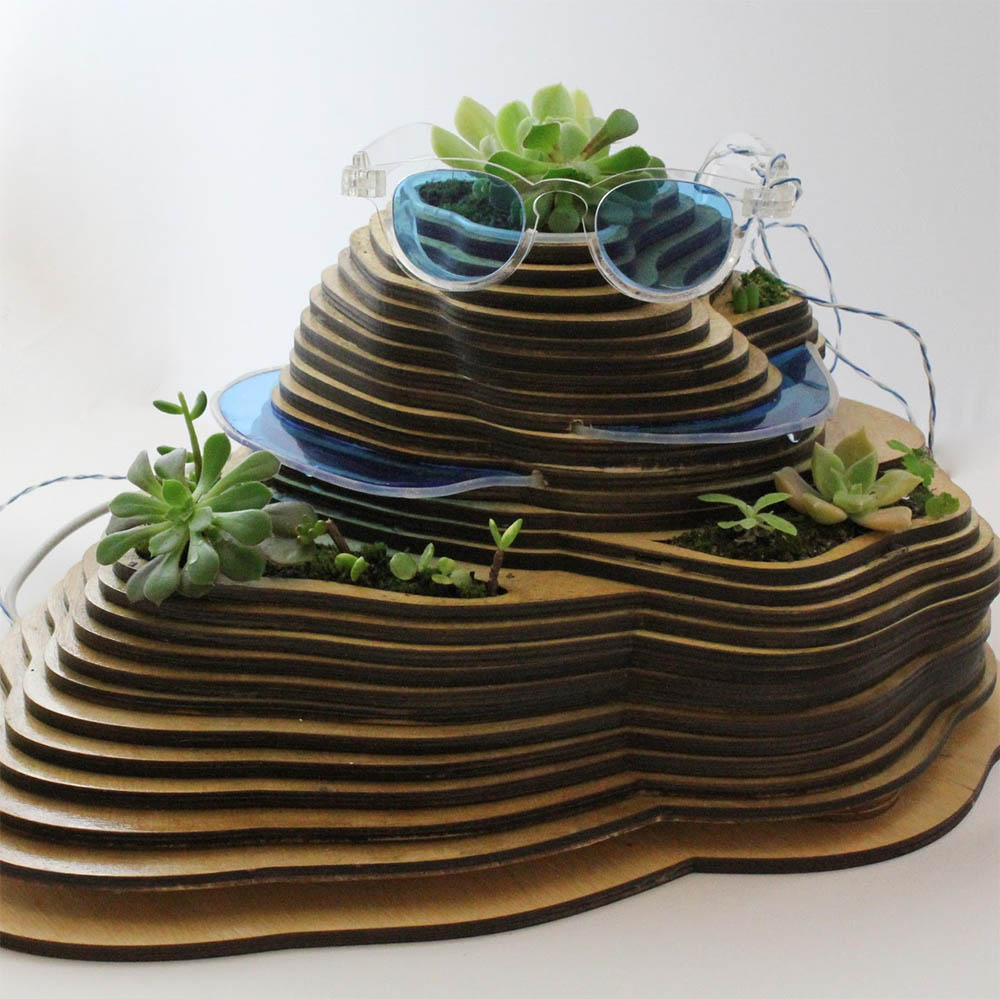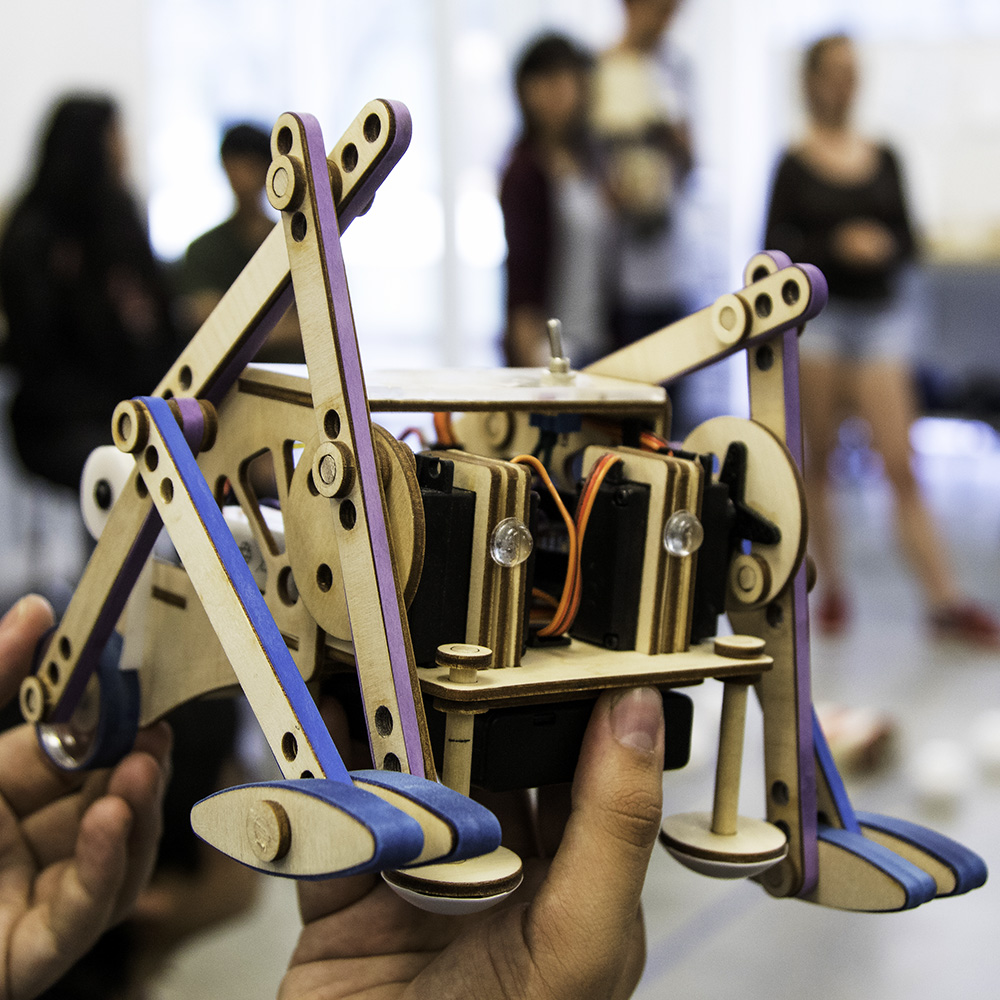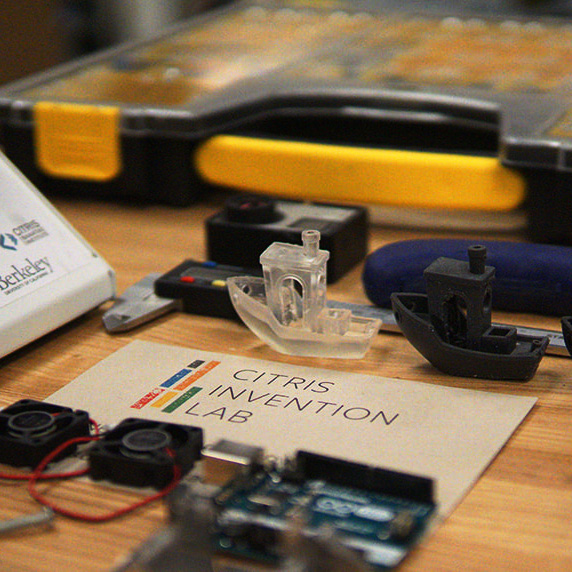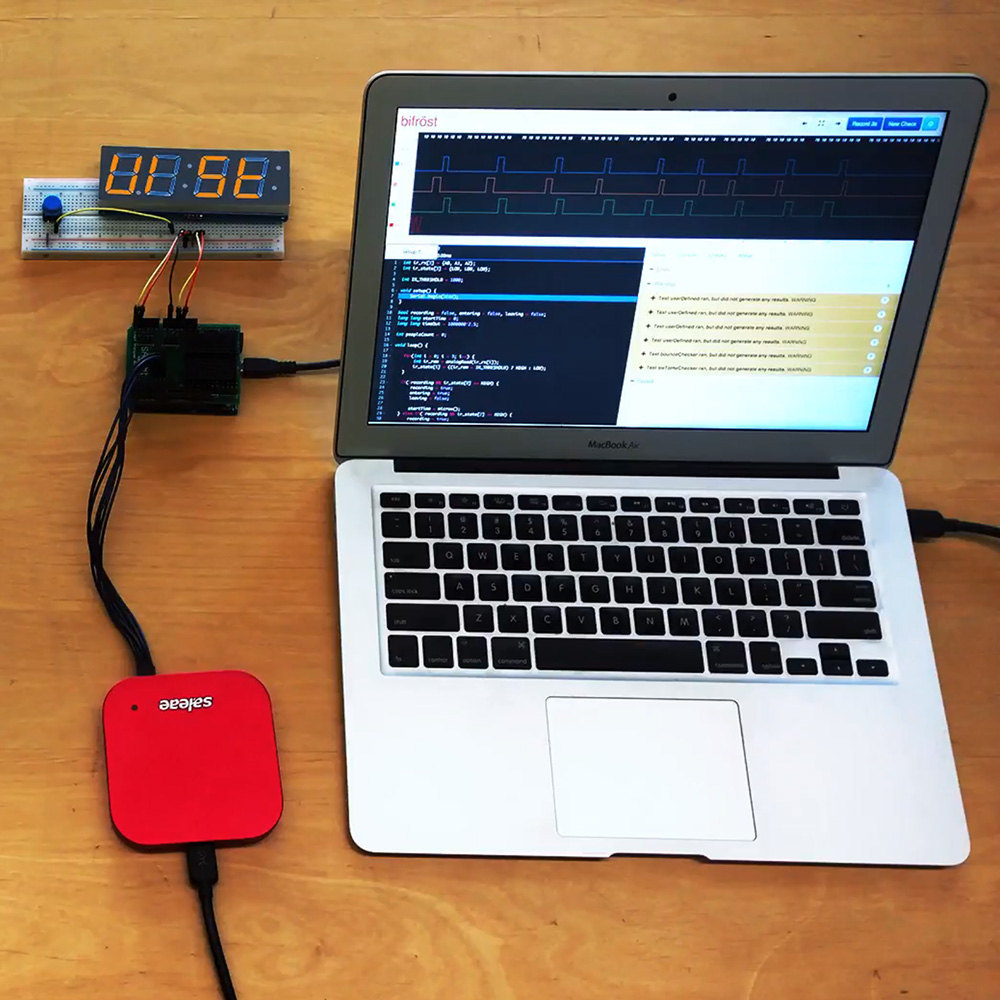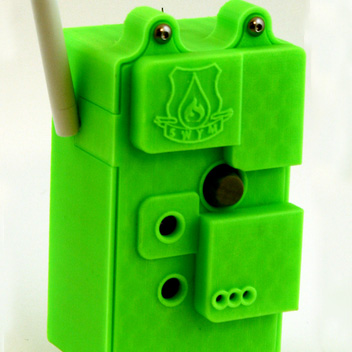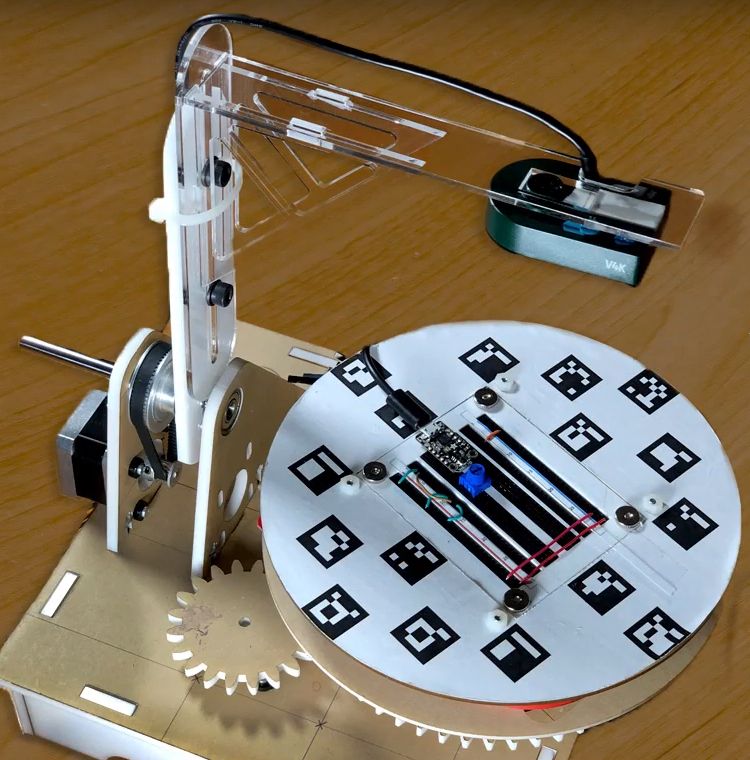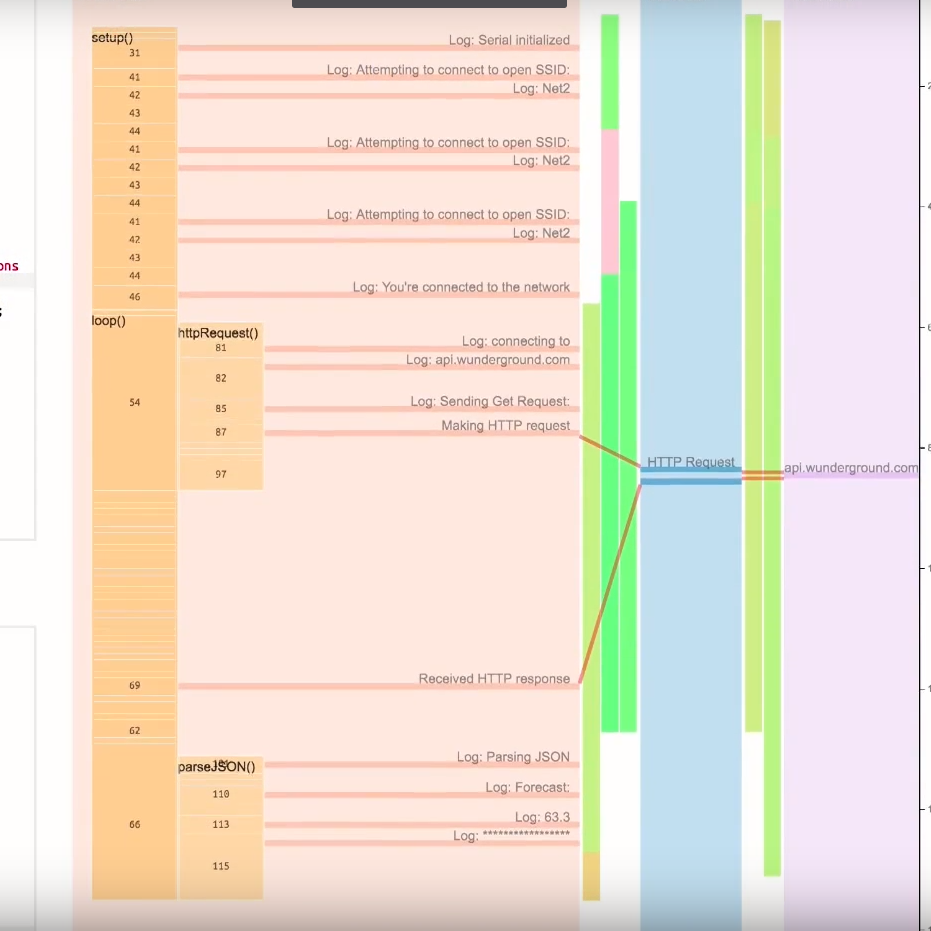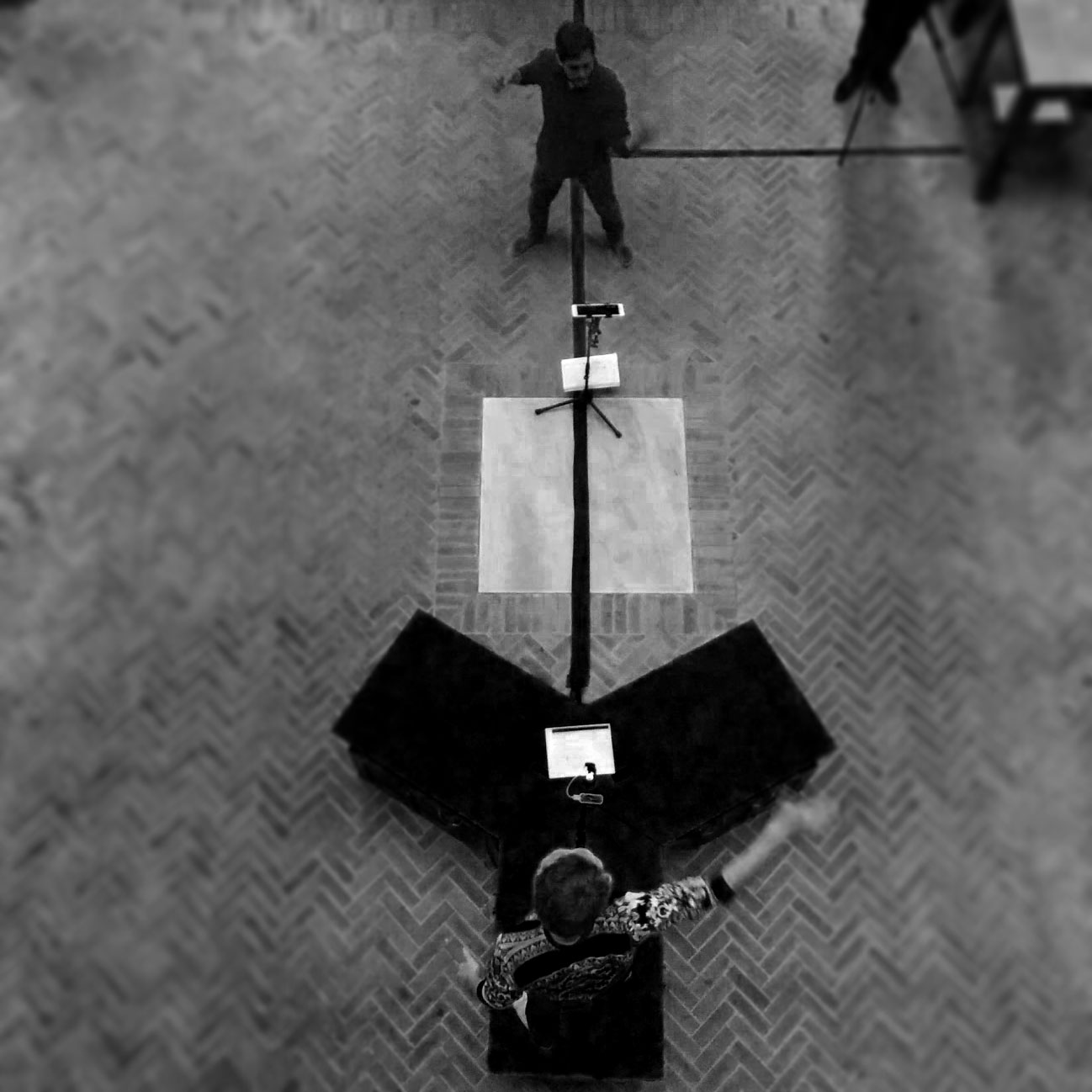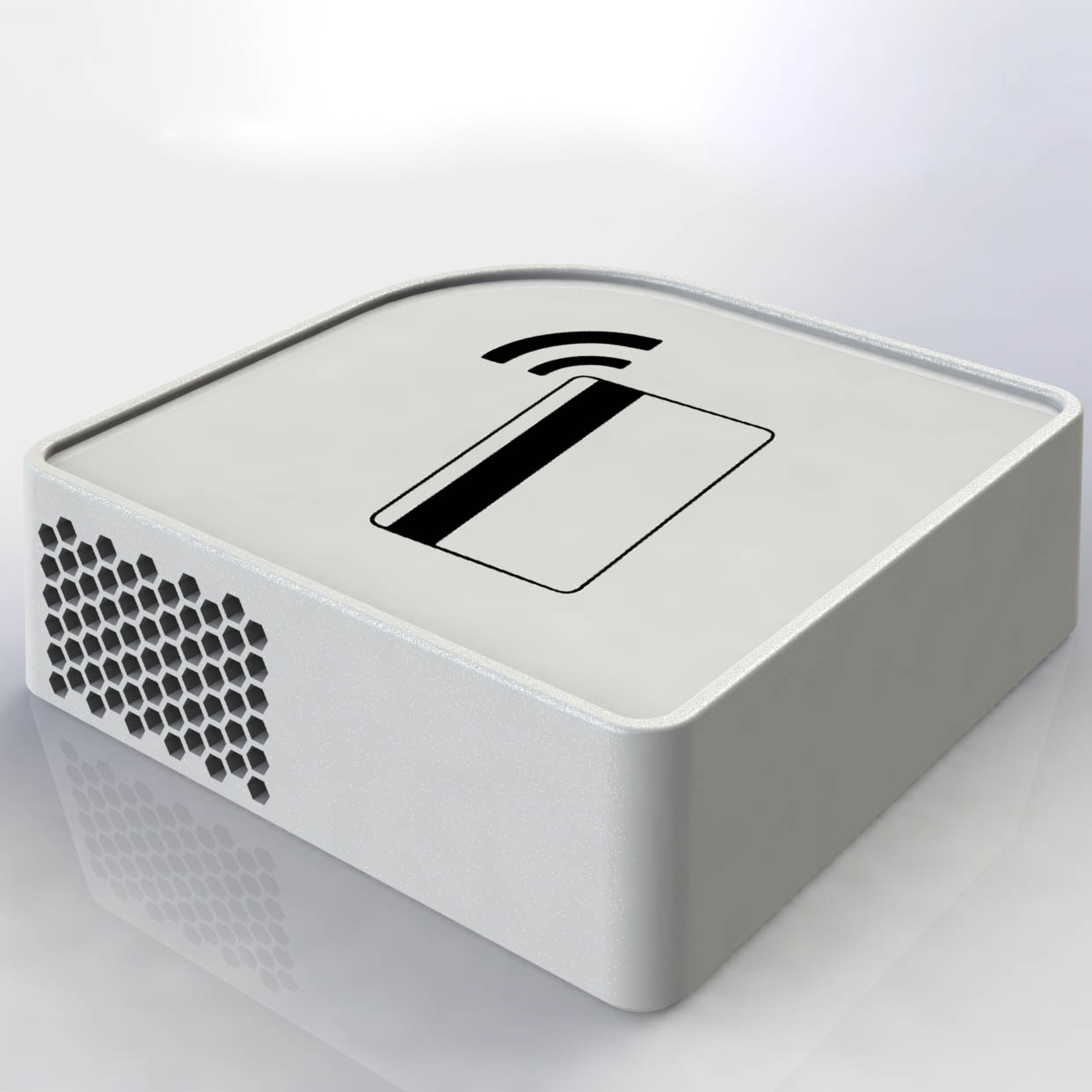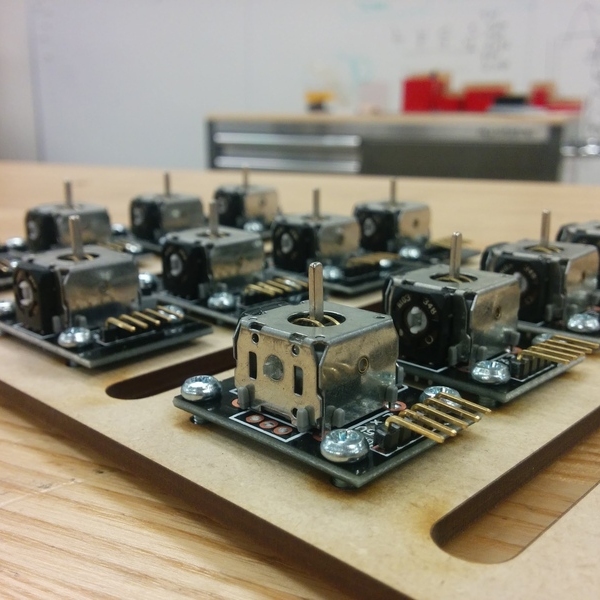Heimdall
Remote debugging of embedded systems

Heimdall links the divide in teaching embedded systems development between students and teachers. This work is published in CHI 2019
Team
Mitchell Karchemsky
J.D. Zamfirescu-Pereira
Kuan-Ju Wu
Francois Guimbretiere
Björn Hartmann
My Role
Project Management
Hardware Design
Mechanical Design
System Engineering
Documentation
Methods
Prototyping
Iterative Design
Software Programming
User Research

